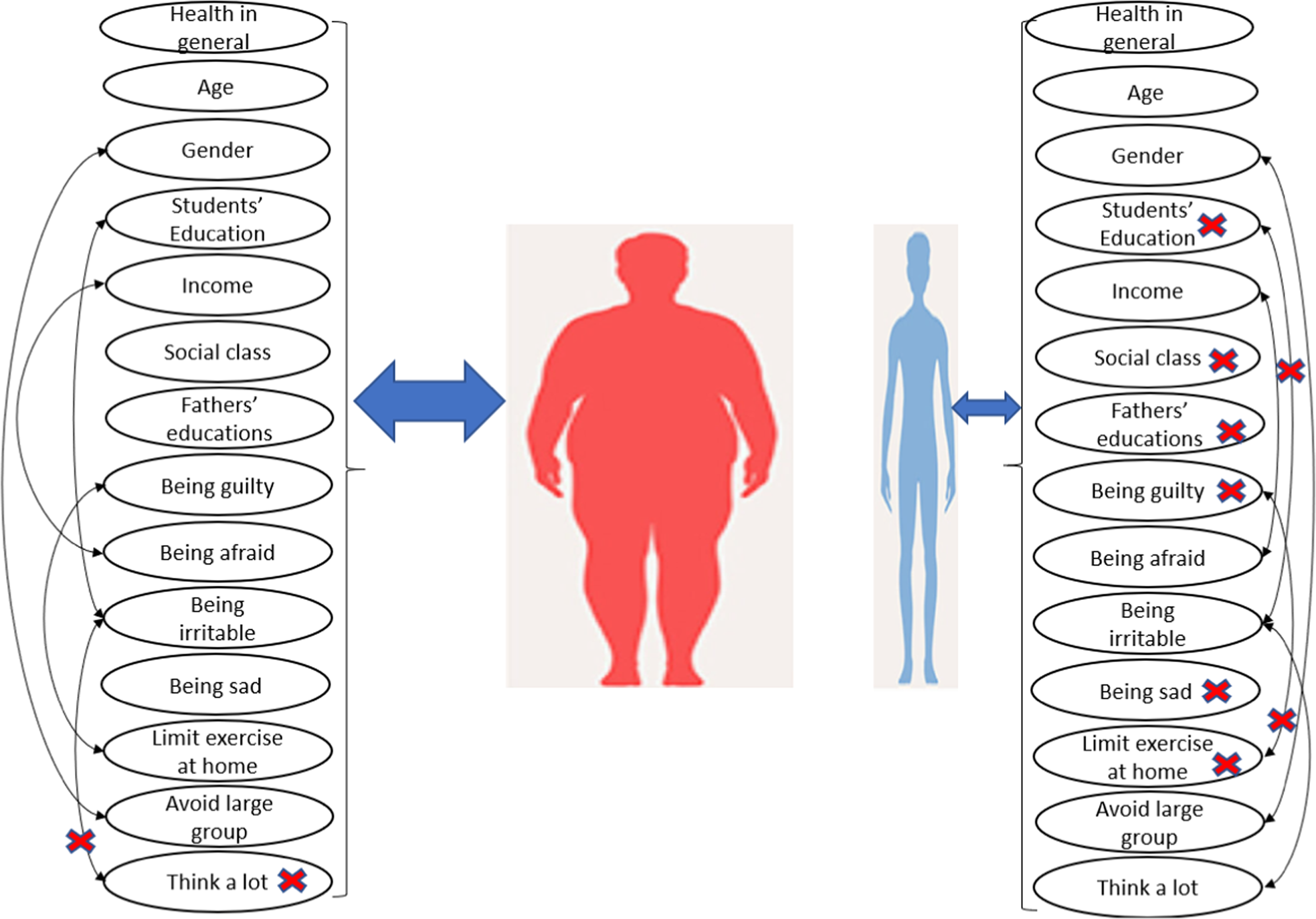
Regenerative medicine is a field of medical science that uses lab-made cells to repair and replace damaged tissues. This process is currently being studied by scientists at the University of Minnesota and Yale School of Medicine. The goal is to develop a therapy that can help patients with various types of injuries or illnesses. Regenerative medicine uses tissue samples from the patient’s own body to create new tissue. The cells are packed with proteins and molecules that promote healing and decrease inflammation and pain.
A variety of methods have been used to develop regenerative therapies. These methods include stem cell therapy, gene therapy, tissue engineering, and personalized medicine. Other technologies include biomechanical prosthetics, recombinant proteins, antibody treatments, and cellular or tissue engineering. These methodologies can be complicated to understand, but these techniques have made great strides in the past few years. These therapies can help people in many different ways, including repairing damaged tissues and improving their lives.
Another technique in regenerative medicine is growing organs and tissues in the laboratory. This type of treatment can be used when the body is unable to heal itself. Because these therapies are derived from the patient’s own cells, they are not immune-compatible to the recipient’s body. These methods may also help alleviate the shortage of donated organs. This treatment can save lives and improve quality of life. So, if you want to find out more search for regenerative medicine near me and talk to a professional – in the meantime, read the following.
While regenerative medicine uses cellular and tissue engineering techniques to build artificial organs and tissues, this technology is primarily a science-based endeavor that utilizes stem cells. Despite being a relatively new field, it is already a rapidly-growing industry. It combines scientists from different disciplines, including biology, chemistry, genetics, and robotics to develop treatments for a wide range of medical conditions. There are also significant challenges to the field.
Regenerative medicine involves therapies that support the body’s own self-repair mechanisms. Its benefits extend beyond the management of disease, and some regenerative medicine treatments can even improve the quality of life of patients. The use of iPS cells in the treatment of diseases like Parkinson’s, arthritis, and glaucoma was pioneered by Japanese researchers. These breakthroughs made regenerative medicine an essential part of the medical field in Japan.
Regenerative medicine has the potential to treat heart disease, wounds, and other medical conditions. In addition to replacing lost organs, regenerative medicines can also improve the health of patients. However, regenerative medicine is still a young field and has many challenges to overcome. It is not yet widely used, but it has already helped thousands of people and has the potential to revolutionize medical practice. The field is constantly evolving and continues to evolve.
Regenerative medicine is a promising field of multidisciplinary research that is already finding applications in clinical practice. The goal of this emerging field is to replace, repair, and regenerate damaged body tissues. It is a promising field for patients who suffer from diseases that can’t be treated by standard medical practices. The potential of regenerative medicine is vast and is rapidly developing. The future of regenerative medicine is a bright one. It can cure many ailments and improve overall health.
While traditional medicine focuses on treating symptoms, regenerative medicine uses cells and tissues from the patient’s own body to treat specific diseases. In some cases, regenerative medicine is used to replace damaged tissues and organs. This field is largely centered on stem cells and other artificial organ devices. The goal of regenerative medicine is to restore function to damaged tissues and organs through regenerative therapies. It may even be used to cure traumatic injuries, brain damage, and serious diseases.
Regenerative medicine may be able to regenerate damaged tissues or organs by using regenerative treatments. In the long run, it will enable patients to live a healthier, more productive life. But regenerative medicine is still in its infancy and requires extensive research. This field is also growing in terms of the application to patients. It is not yet clear what the future will hold for the field. Regenerative medicine may help people in a number of ways.



:max_bytes(150000):strip_icc()/hypersexuality-f7219c0faf93488b82402d4f9d20e454.jpg)


